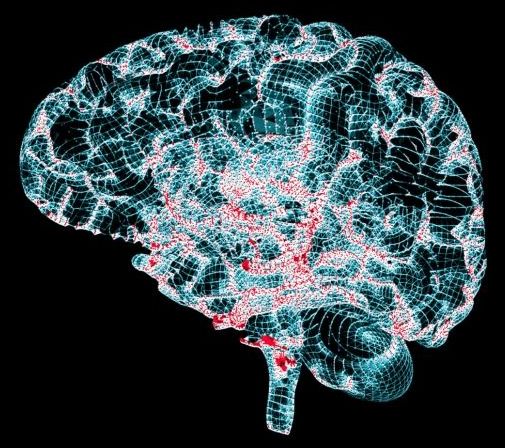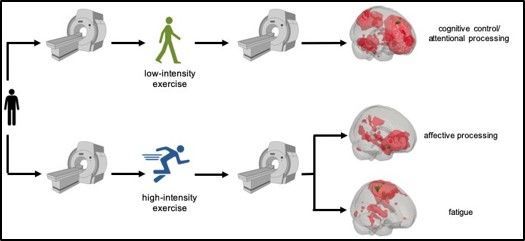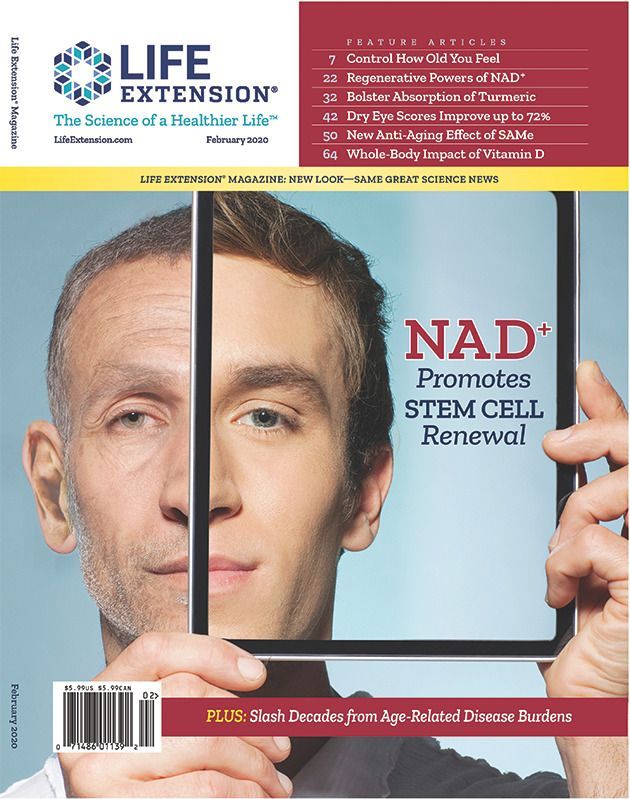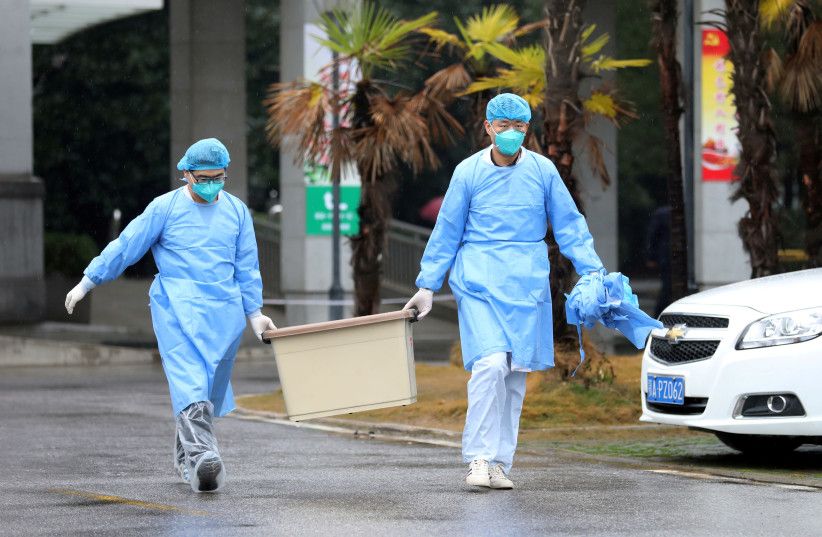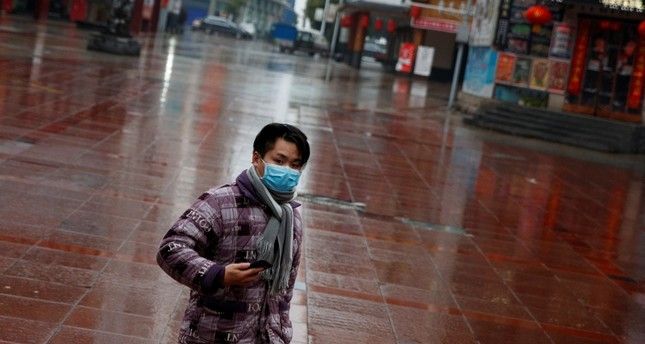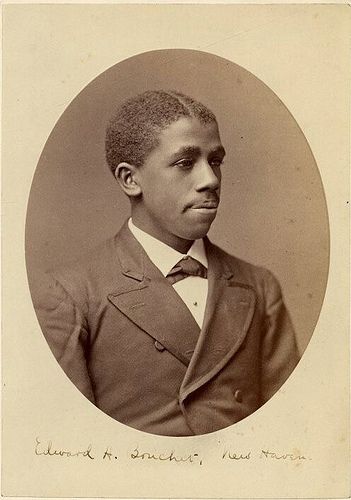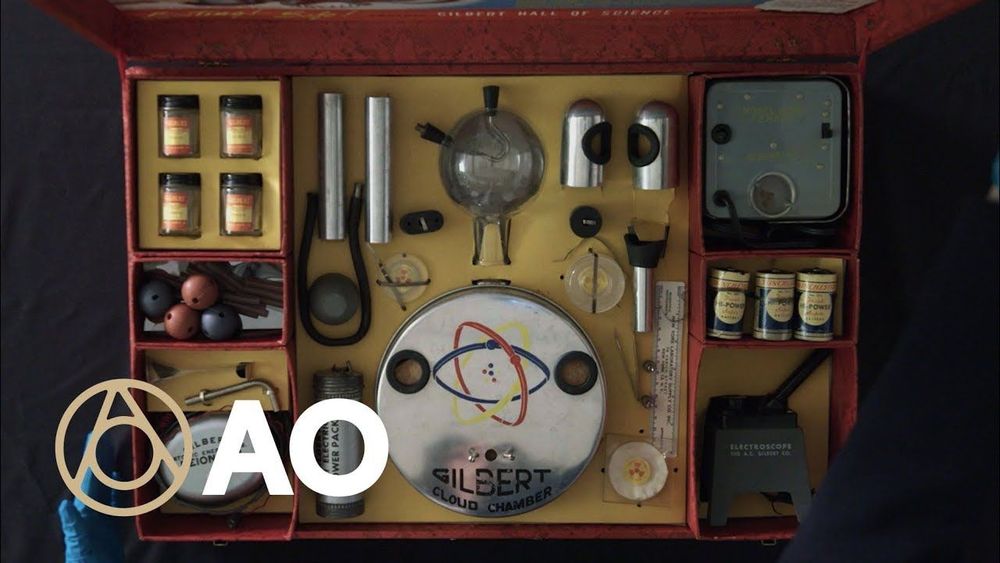Experiences early in life have an impact on the brain’s biological and functional development, shows a new study by a team of neuroscientists. Its findings, which centered on changes in mice and rats, reveal how learning and memory abilities may vary, depending on the nature of individual experiences in early life.
“The implications of this are many, including environmental influences on mental health, the role of education, the significance of poverty, and the impact of social settings,” says Cristina Alberini, a professor in New York University’s Center for Neural Science and the senior author of the paper, which appears in the journal Nature Communications.
“These results also offer promise for potential therapeutic interventions,” add Alberini and Benjamin Bessières, an NYU postdoctoral researcher and the paper’s co-lead author. “By identifying critical time periods for brain development, they provide an indicator of when pharmaceutical, behavioral or other type of interventions may be most beneficial.”

